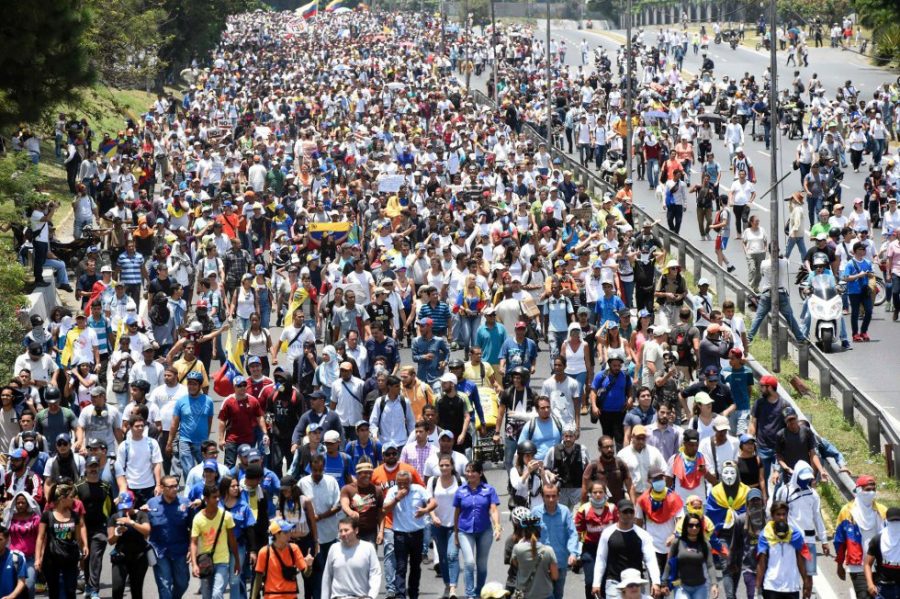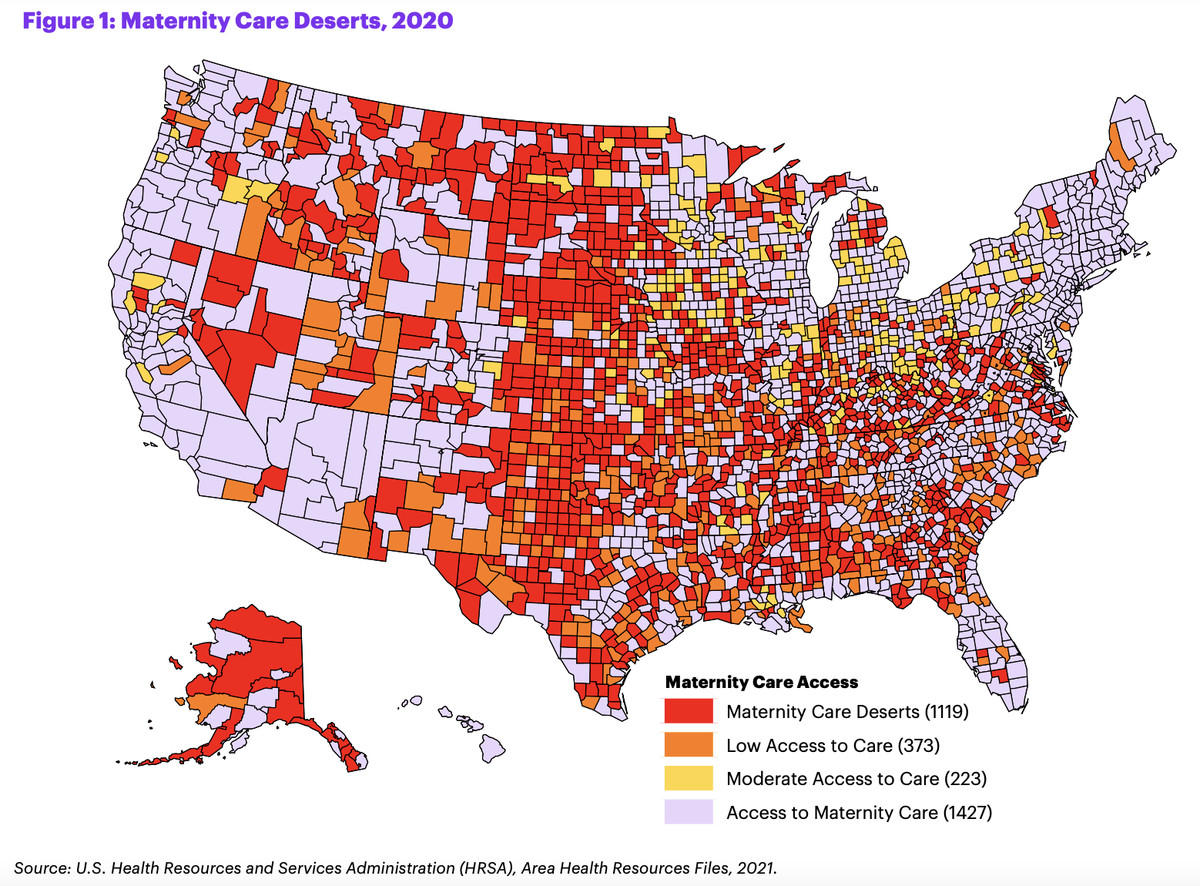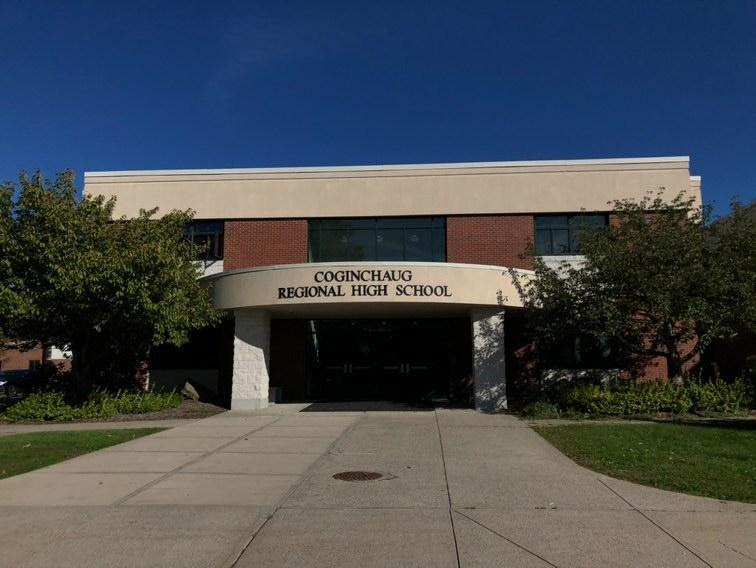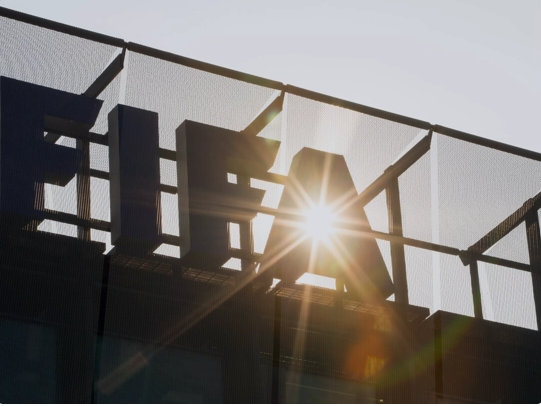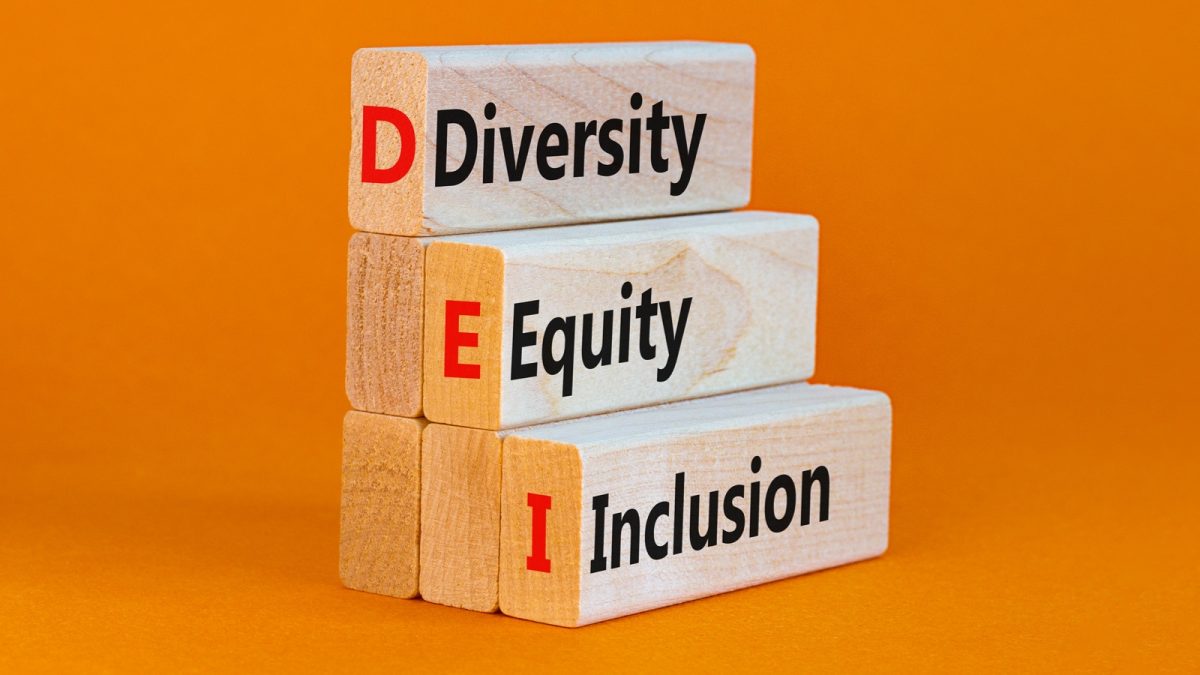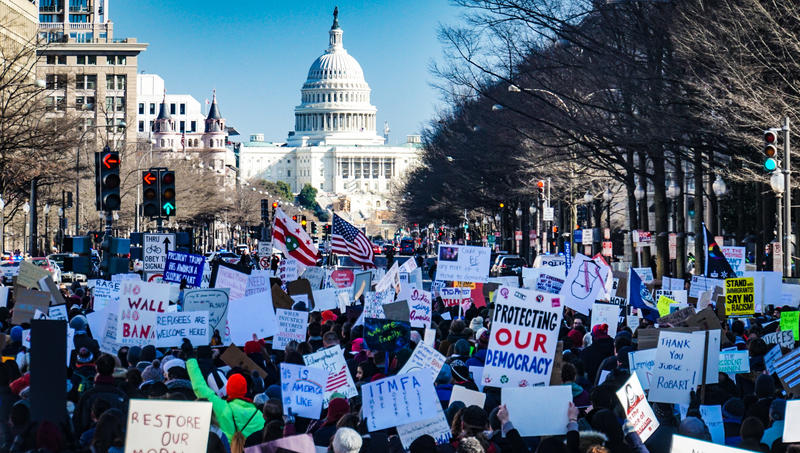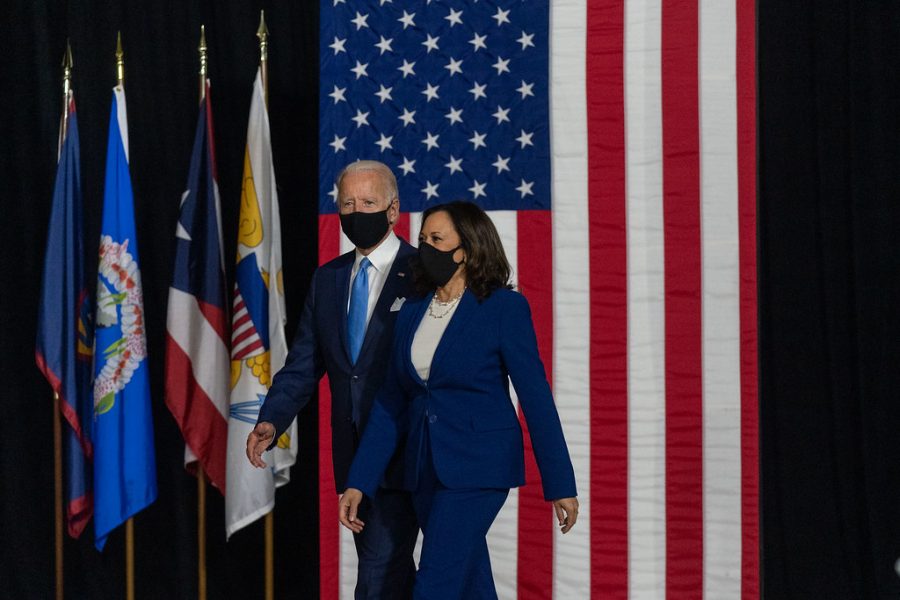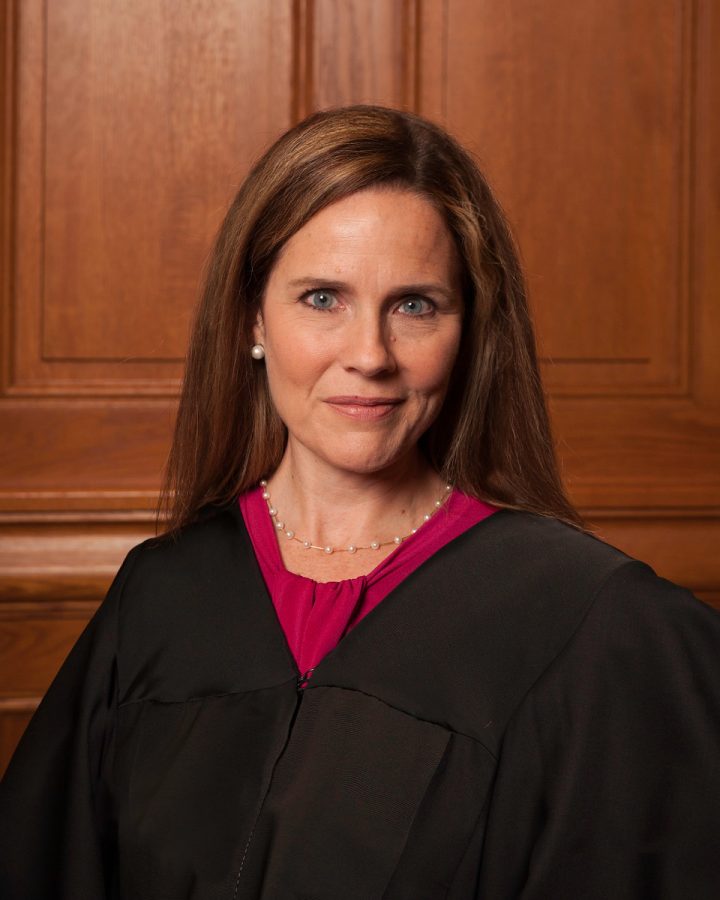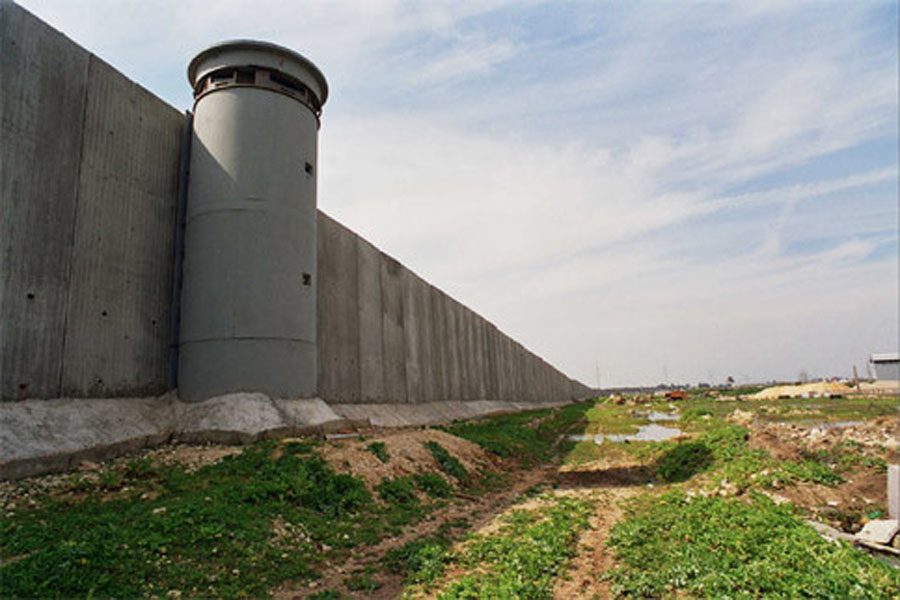“Privatization is a neoliberal and imperialist plan. Health can’t be privatized because it is a fundamental Human Right, nor can education, water, electricity or other public service. They can’t be surrendered to private capital that denies the people from their rights.” This was said by the leader of the revolution, the warrior among soldiers, the Marxist, socialist, Bolivarian, nationalist, Guevarist, Castrist, and all the ridiculous titles that he self-proclaimed, Hugo Chavez, during his closing speech at the World Social Forum in Porto Alegre in 2005. Currently, Venezuela is a disaster, to say the least. According to the Spaniard political scientist and economist Enrique A. Fonseca, “Venezuela has become the ugly friend of the Spanish-speaking countries. Doesn’t matter how your country is; Venezuela is worse.” Venezuela has the most oil reserves on the planet, yet it is the friend that goes home alone after the party: how did this happen?

First, we must understand the Bolivarian Revolution, which takes its name from the liberator of six countries in Latin America, Simon Bolivar, was inclined to Marxist ideals of a proletarian class ruling; it was 21st Century socialism (spoiler: it doesn’t work). In 1992, there was a failed coup d’état attempt led by the commander Chavez who was trying to fight the country’s neo-liberal policies. The coup d’état was a breaking point in a society who lived 20 percent in extreme poverty; however, unsuccessful Chavez was imprisoned and the dream crushed. But not so fast my dear capitalists; the socialist fantasy isn’t dead because in the elections of 1998, he won the presidency, and Venezuela was about to be transformed into the “heaven” that we all know and admire today.
One of the most important policies of Chavism was the job democratization system (SISDEM by its Spanish acronym) in which the state distributed jobs in the hydrocarbon industry. This decision was like a fad diet. Thousands were employed in PDVS, the state-owned oil company. To be more specific, the largest Latin American company had increased by 400 percent (and the public spending by 300 percent), yet Venezuela produced the same amount of crude oil. This expansion wasn’t due to a business decision but was a way to create jobs -building popular support- and as the framework of economy has made clear, a drastic increase in the job sector tends to have a boomerang effect, but who cares as long as there are a lot of jobs and money going around? Oil and petroleum products accounted for about 95 percent of Venezuela’s exports and contribute more than a third of its GDP. But that was something not to worry about, right?
Everything was sugar and flowers until 2014. The oil price decreased radically. And for a country that depends as much on it as Venezuela does, the effects were notoriously painful. A country that so strongly depends on its natural resources will fall when these resources become useless (or even worse, cheap). Nicolas Maduro, Chavez’s successor, had the country in crisis. Oil wasn’t enough; buying crude was cheaper than producing their own; what were the options then?
Raising taxes was useless, as most of the state had expropriated the private companies. And the country still had a huge debt, both internationally and with their own citizens whose salaries had been ignored. The solution, a very, very stupid one: print more money. No politician with half of his brain functioning would print more money to solve an economical crisis. The inflation was bigger than Tom Brady’s ego. Now the people didn’t have any money with real value, and the Bolivar was on the floor. The government currently sells 10 Bolivars for one US dollar; however, no one is willing to lose that much money. In the black market, a dollar can be exchanged for approximately 3,000 Bolivars. The government blames capitalist speculation and foreign states for manipulating the currency, but it was the state itself who speculated with the currency.
I have to make this clear before continuing: no country is capable of producing everything it consumes, not Venezuela, not Brazil, not China, not Russia, not India, and not the US. In this century, we depend on one another. Nationalism is a horrible and disastrous solution to many flaws that globalization causes. If somebody still thinks that “America First” is a viable foreign policy, please read the history of North Korea, Somalia or Myanmar. I think that the best lesson that America can learn from Venezuela is to stay away from a centralized economy and nationalism.
Another solution was to put a limit price on the market. The problem here is that people from foreign countries wouldn’t sell their products based on the Venezuelan USD estimation, so having a legal business means that not only do you not make a profit but you will also lose money. So the black market became the only option to buy the basic basket. This caused a shortage of things like chicken, beef, sugar, rice, coffee, bread, soap, sanitary napkins, diapers, deodorant, condoms, shampoo, and medicine. The black market is running Caracas, which is not only the capital of Venezuela but is also the murder capital of the World, with a 119.87 homicides for each 100,000 habitants.
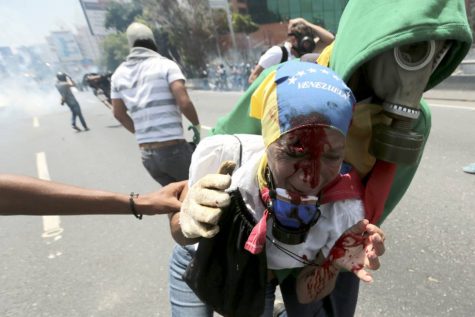
Socialism, nationalism, strong state intervention in the economy, dependence on natural resources and the international oil prices were the key factors that led to Venezuela’s crisis.
There have been multiple protests since 2014, which according to the Republic’s District Attorney, has led to almost 2,000 arrests and more than 500 casualties. The opposition won the national assembly majority in the 2016 election, but on April 1, there was a coup d’état, and they lost power. At this point, Venezuela must be called what it is, a dictatorship. The OAS and human rights organizations are asking for elections, a clear separation of powers and the liberalization of political prisoners. However, and I really hope I am wrong; I have a pessimistic view on the future of Venezuela, a future without respect to human rights, without freedom of speech and assembly, and without dignity.

